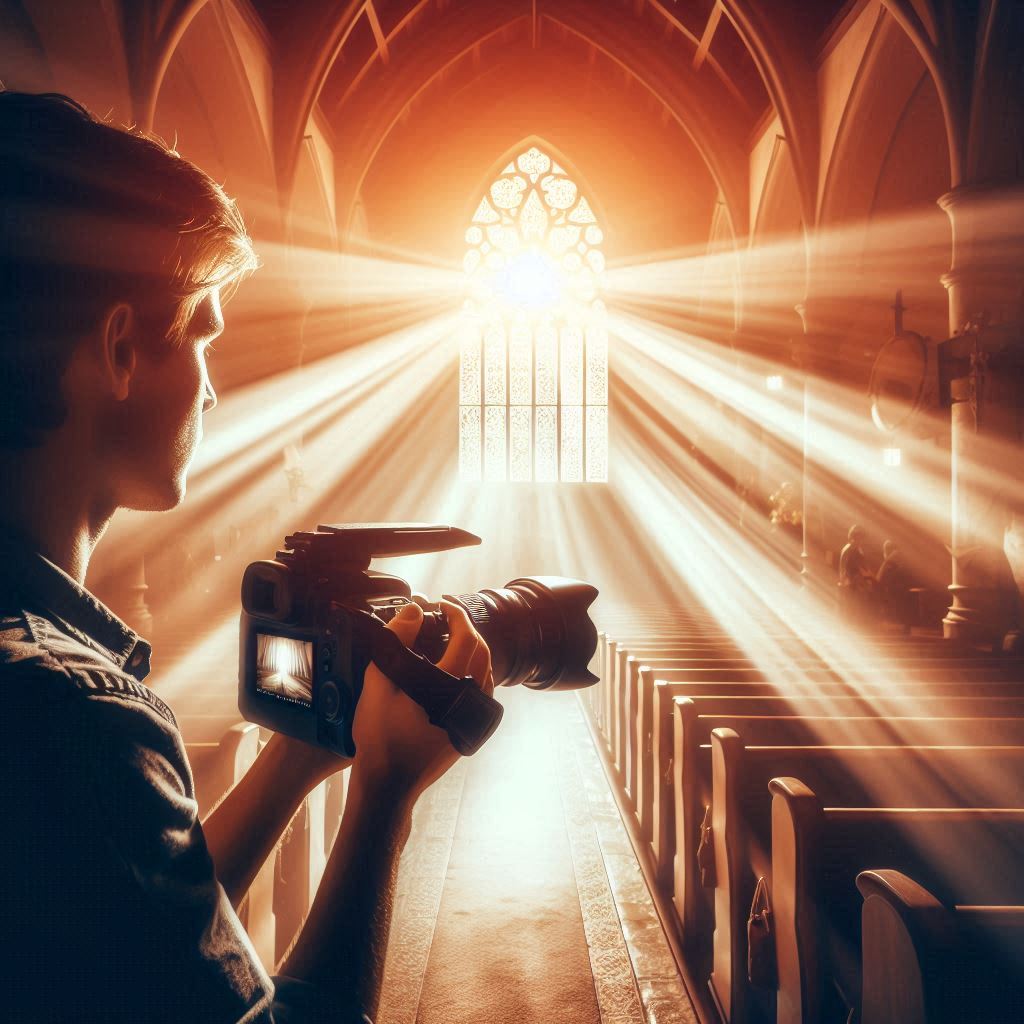Category: Articles
-
FROM HEROIN ADDICT TO CHRISTIAN
When Deborah had her first fix of heroin, she says it made her feel whole, secure and safe. She was 15 years old. Prior to that she’d used softer drugs, like uppers and downers, and says that the drugs she used were very popular around this time in the 1960s. It was heroin though that…
//
-
GODS FILMMAKER
As a multi award winning international Christian filmmaker, Jeremy Higham’s career has had its high points and low points. 53 year old Jeremy has been to over 25 different countries and filmed in most of them. There have been times that he’s felt broken, tackling subjects like suicide, terrorism, and one film he made was…
//
-
PABLO. FROM ARMED ROBBER TO CHRISTIAN
PABLO. FROM ARMED ROBBER TO CHRISTIAN By Paul Warwick “Gimme the money,” Pablo said to the building society cashier while he pointed the gun at her, wearing a menacing balaclava. Pablo was surprised when she answered him sarcastically and he felt she was being deliberately slow while she put the money in the bag, so…
//
-
FROM DRUG ADDICT TO EVANGELIST
FROM DRUG ADDICT TO EVANGELIST By Paul Warwick God not only saved Julies soul, but also saved her and her husband Malcom from being possibly killed by gangsters. Malcom was a large scale drug dealer at the time and had fifty-eight-thousand pounds worth of cocaine stolen from his car. This meant that he was in…
//
-
MORE THAN A SURVIVOR
People with mental illness are often referred to as survivors, and indeed this is often an appropriate label, as a lot of mentally ill people struggle to cope with their illness and day to day living. This isn’t always the case though, and a lot of mentally ill people slowly get out of their survival…
//
-
DRUGS, CRIME, MADNESS AND GOD
I was 12 years old when I first started sniffing glue, gas and solvents. These things made me feel high and made me have hallucinations, sometimes good, sometimes bad. By the age of 14 I also started smoking cannabis and taking LSD, and again, sometimes I had good trips and sometimes bad ones, a bit…
//
-
REGGAE MAN. DISCOVERING PATRICK BOOTH
PATRICK Boothe, a 60 year old, Croydon based reggae music artist has recently produced his latest independent album, The Lion In Me, which is released under the name of Bobby Sparks, who sings lead vocals on all the tracks. The album is Patricks fifth collaboration using Bobby as the vocalist, and Patrick produced, recorded and…
//
-
MARY KAY BEARD
From bank robber to Christian BY PAUL WARWICK MARY Kay Beard was once one of the F.B.I’s most wanted fugitives, for crimes including cracking safes and armed robberies of banks. The Mafia had also put a contract on her life as she’d ripped them off in a diamond heist. In 1972 at the age of…
//
-
FROM KILLER TO CHRISTIAN
Daz’s testimony By Paul Warwick SOME of The Bible is written by murderers. This may shock some people and enlighten others, as they will see the redemptive nature of God. A God who can change the worst of sinners into the greatest of saints. Quite simply, God can make bad people become good. In 2007…
//
-
FROM POLICEMAN TO PASTOR
Matthew Fitter’s testimony By Paul Warwick BEFORE Matthew Fitter became a Christian, he was very much into Karate and martial arts. But he let go of this sport, shortly after he gave his life to the Lord. This was because Karate and Christianity didn’t seem compatible to him. The mind set of martial arts caused…
//
